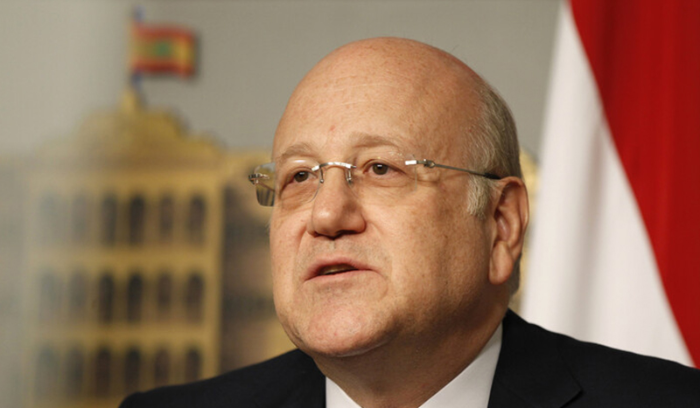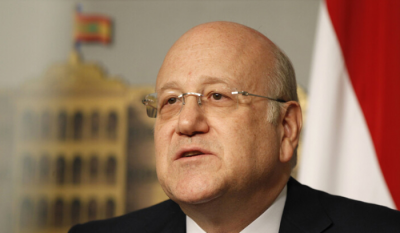A delegation from the Court of Accounts, headed by Judge Mohamed Badran, delivered the consultative opinion issued by the Court of Accounts to Prime Minister Najib Mikati today, Wednesday. This was done at the request of the Prime Minister regarding the contract for the construction of a new passenger terminal at Rafic Hariri International Airport – Beirut (TERMINAL2) and similar projects at the airport. Based on the Court of Accounts' opinion, the Prime Minister contacted Minister of Public Works and Transport Ali Hamieh and informed him of the Court's opinion, reaffirming the minister's decision to cancel the contract.
According to the Court of Accounts, "regarding the project for constructing the new terminal, the laws governing this matter are outdated and can be considered deficient at best or misplaced, necessitating a return to fundamental principles that enhance trust in public facilities and allow for participation that ensures equality and competition. The description of the contract based on these principles is categorized under concession contracts, which can only be valid according to law and are not subject to public procurement law."
As for similar contracts at the airport, specifically the contract signed between the Ministry of Public Works and Transport and Middle East Airlines Cargo Center, the court considered that this contract was signed in December 2011 under a caretaker government, which was contrary to the law, as well as contrary to the comprehensive plan for Beirut International Airport at that time. The Council of Ministers' approval was issued in September of that year, about eight months after the signing. Furthermore, the current building is concrete, while the contract was for its approval as a hangar.
The opinion concluded that the TERMINAL2 contract is considered null and void and cannot be legitimized by referencing the Cargo Center contract, as "this contract is itself fraught with numerous legal violations and should be referred to the relevant judicial chamber for investigations and to assign responsibilities when necessary."
At the end of its consultative opinion, the court recommended the need to clarify legal texts and establish a comprehensive legal framework regarding the rules for the investment and operation of airports, rather than including them in supplementary budgets.




